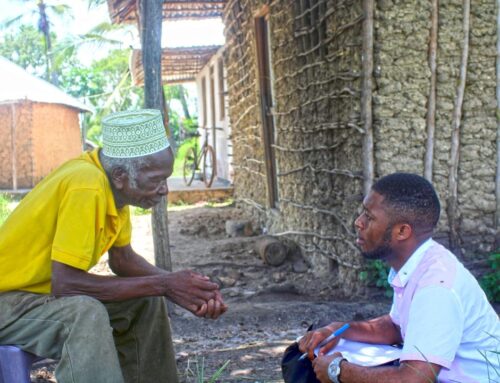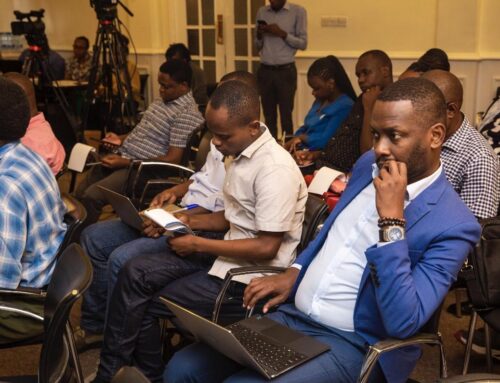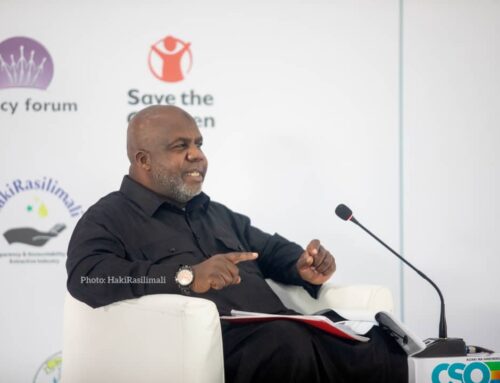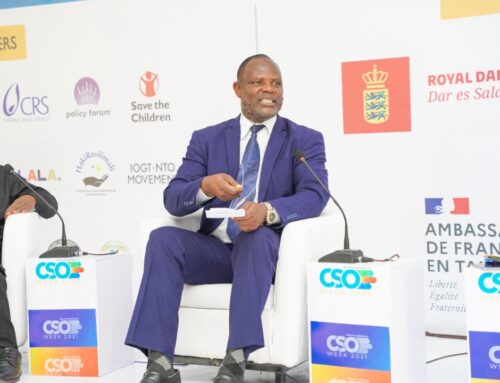Members of Energy and Minerals Committee of the Tanzania Parliament urged for transparency and accountability for effective management of the country’s natural resources (mining, oil and gas) during an engagement meeting organized by HakiRasilimali in collaboration with Policy Forum held on November 8th, 2018, Dodoma.
Members of the committee claimed that transparency in the extractive industries value chain increases public engagement and allows citizens to monitor implementation of contractual obligations of companies in areas where they may be better placed than the government, such as environmental compliance and corporate social responsibility. They stressed that contract transparency provides incentives to improve the quality of contracting.
With regard to effective citizen participation in the extractive decision making and value chain of the extractive sector, Hon. Msukuma (MP from Geita constituency) claimed that after a long time conflicts and waring tension between Geita Gold Mining (GGM), host communities and the Local Government Authorities (LGAs), they have managed to have a participatory Corporate Social Responsibility (CSR) where-by the respective communities through their representatives submit to GGM their social economic needs to be incorporated in their CSR plans. He further explained that, this was possible because of the Written Law (Miscellaneous amendment) No. 7 of 2017 section 105 which stress on CSR (HakiRasilimali and its members took part to input the amendments in 2017)
Hon. Dustan Kitandula (MP for Mkinga Constituency and the chairperson of the committee) emphasized on creating synergy between CSOs and parliamentarians, whereby the CSOs could share their findings of issues related to the extractive sector and then committee will advise the government accordingly. He insisted the members of the committee to read carefully the findings presented to them in the documented lessons of the two years implementation of the TEITA act 2015 in order for them to be in a better position to advice the government.
The chairperson of the committee thanked the coordinator of HakiRasilimali/PWYP Ms. Racheal Chagonja who presented the TEITA Act 2015 analysis and lessons for at least two years of its implementation to the members of the parliamentary. Her presentation focused on the extractive sector in Tanzania (mining, oil and gas) and how the sector is expected to become a crucial catalyst of economic growth, driven by considerable increases in the large-scale investments.
She claimed that, just like other resource rich countries;
- Tanzania still faces a dilemma of how to effectively manage the extractive value chain and distribute the benefits accrued from the sector equally to the wider group. Among many initiatives, Tanzania joined EITI on 2009 and in 2015 enacted the Tanzania Extractive industries transparency and accountability act (TEITA Act) which aimed at promoting transparency and accountability of the extractive sector. “It has already been 3 years since the enactment of this law yet, there have not been regulations developed, meaning it cannot be enforced and any attempt could lead to legal dispute”
- There are different laws in relation to the extractive sector that have been made at different times which seem to have been influenced by diverse political and economic drivers. This has caused for legal reform incoherence, overlap and misalignment of key institutions. For example, the role of mining commissions Vs the roles of Commissioner of Minerals, EWURA vs PURA, STAMICO vs Commissioner of ASM within the Ministry of Minerals, Presidential Advisory Bureau under the Petroleum Act 2015.
Ms. Chagonja further insisted the committee to urge the government through its Ministries and Attorney General’s office to review all related laws in order to address existing inconsistencies in the legal framework over extractives in Tanzania. To mention a few, TEITA Act 2015, Revenue Management Act 2015 , Petroleum Act 2015 and the Natural Resource Wealth and Sovereignty Laws of 2016 parliamentarians and also to advice the government on the necessity of adopting Open Contracting of which it will cover contract and beneficial ownership disclosure among other things. Also the need for the committee to advise the government through it Ministries to develop TEITA Act regulations.






